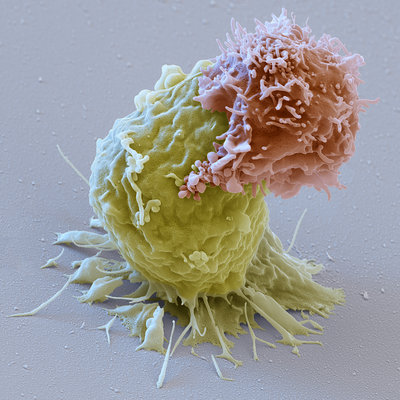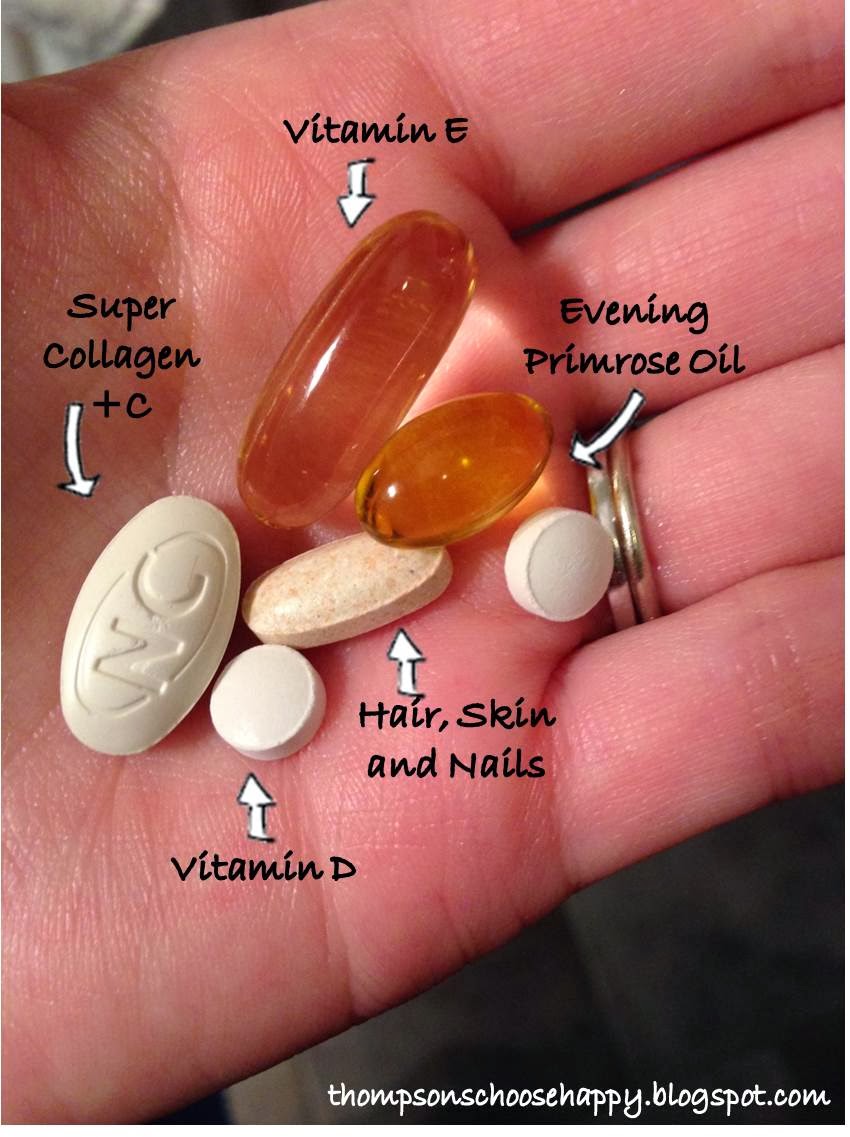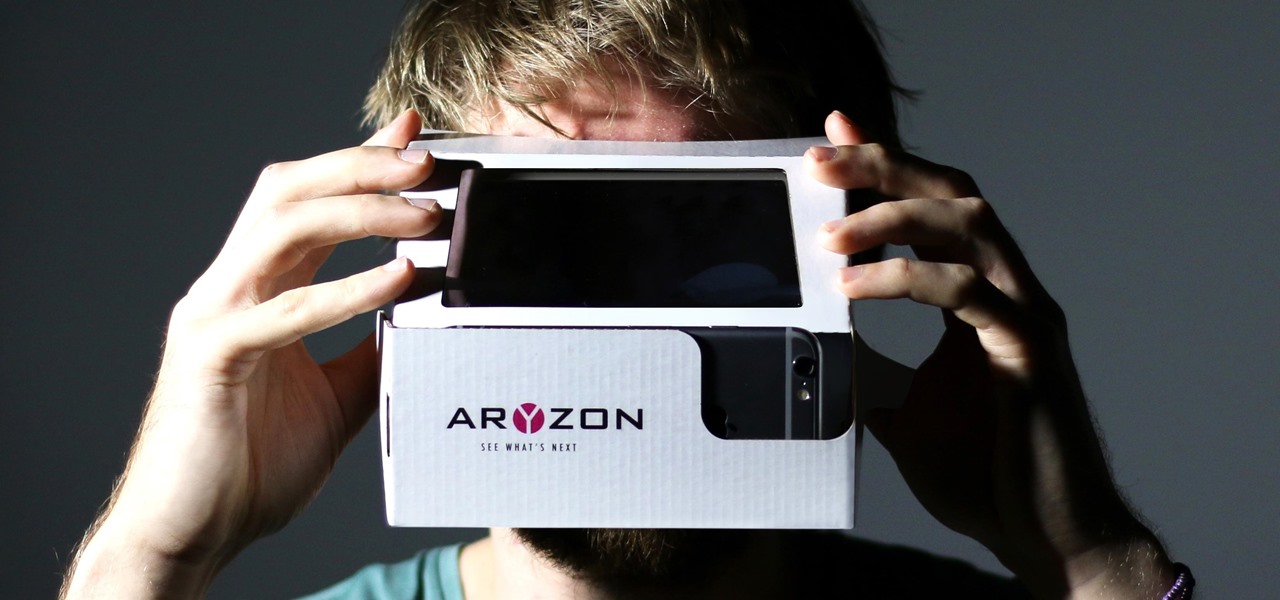By
As you read this, take a whiff. What smells do you detect? How do these smells affect how you feel?
It’s rare that people consciously take in the smells around them, but a new review argues that the human sense of smell is more powerful than it’s usually given credit for, and that it plays a bigger role in human health and behavior than many medical experts realize.
“The fact is the sense of smell is just as good in humans as in other mammals, like rodents and dogs,” John McGann, a neuroscientist at Rutgers University-New Brunswick in New Jersey and the author of the new review, said in a statement.
People often think of dogs and rats as the superior sniffers in the animal kingdom, but humans also have an extremely keen sense of smell, McGann argued in the review, which was published today (May 11) in the journal Science. In fact, humans can discriminate among 1 trillion different odors, McGann wrote, far more than a commonly cited claim that people can detect only about 10,000 different smells.
By overlooking humans’ keen smelling abilities, medicine may be missing a key component of human health, McGann said. Smell influences human behavior, from stirring up memories to attracting sexual partners to influencing mood to shaping taste, he said. It’s no coincidence that the French word for smell, “sentir,” also means to feel; emotion and smell are often intricately linked.
A “gross oversimplification”
When considering the senses, there’s a reason smell is often shunted to third place behind sight and hearing, McGann wrote.
It started in the 19th century, when Paul Broca, a French brain surgeon and anthropologist, observed that humans have proportionately smaller olfactory, or smell-related, organs compared with other animals, according to the review. Broca also noted that people don’t exhibit odor-driven behavior to the same degree that other mammals do.
This led Broca to hypothesize in his 1879 writings that smell had taken a backseat role to the other senses in humans in exchange for free will. Years later, Sigmund Freud piggybacked on the idea that human smell is inferior to other senses, suggesting that the sense of smell could not dominate a rational person, according to the review.
McGann called these conclusions a “gross oversimplification,” but they were then further supported by later research. For example, studies from the 20th century found that rats and mice have genes for about 1,000 different kinds of receptors that are activated by odors, compared with about 400 such receptors in humans.
Smell and the brain
It’s true that humans have relatively smaller olfactory organs and fewer odor-detecting genes compared with other animals. However, the power of the human brain more than makes up for this.
“The truth is that 400 different receptors still offer a tremendous range. There are very few odors that humans can’t smell despite having practically fewer receptors than rats, mice and dogs,” McGann told Live Science. Part of the reason humans can detect so many odors is thanks to their “much more complicated and powerful brain that’s interpreting that information.”
When a person smells something, odor molecules bind to receptors in the nose. These receptors send information about the molecules to the human olfactory bulb in the brain, which then sends signals to other areas of the brain to help identify scents.
This is different from the way smell works in dogs, McGann said. Dogs have a “pump” in their noses that’s designed to take in chemicals in liquid form (say, on the side of a fire hydrant) for identification, he said. Because the smelling mechanisms are so different, it’s hard to compare humans to dogs, McGann said.
Smell and medicine
Many studies have linked the humans sense of smell to certain medical conditions.
Dr. Dolores Malaspina, a psychiatrist at New York University Langone Medical Center, agreed that smell can play an important role in medicine. Malaspina was not involved in the new review.
Malaspina has long used smell to help diagnose certain diseases, and her research has connected the human sense of smell with both schizophrenia and depression.
“Smell among schizophrenia patients is often either distorted or decreased,” she told Live Science.
Malaspina has also shown that a loss of smell can lead to depression. This may be linked to how odors trigger the growth of neurons, she said.
“There’s evidence that these stimulations of the brain by odors may drive the making of new brain cells,” she said.
Loss of smell has been linked to other health problems as well. A 2016 study showed that a loss of the ability to detect scents was associated with early signs of Alzheimer’s disease. And sobering research from 2014 found that a loss of smell may predict death within five years.
As people age, many gradually lose their sense of smell. Research has shown that 75 percent of people lose at least part of their sense of smell by age 80.
It’s all the more reason, McGann said, to appreciate the power of human smell and its role in human health.
“When you lose your sense of smell, it’s actually a big deal. It influences your ability to take pleasure in food and daily life,” McGann said. “There’s a significant impact of losing your sense of smell that’s not yet fully understood.”
Originally published on Live Science.










































